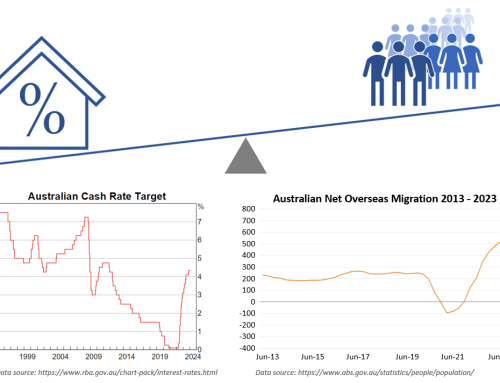5 Reasons Your Business Should Knock Back Work To Be More Profitable
Whether your business is construction, chiropractor or even colour consulting (yes, it’s a real thing!), it’s essential to make sure your business is focused. Focus, whether in business or life, is an area where a strong understanding of who you are and what you do makes you stand out from the crowd.
From our experience mentoring and coaching small businesses, we’ve seen many businesses lose focus in various areas, but none more so than in the area of target markets.
Let me give you a real-life example of what we often see when coaching and mentoring small businesses:
We were approached for coaching by an electrical contracting business in Melbourne that had been established for several years. The owner, Brian, said things were going quite well but he wanted to see what else was possible.
Brian told me that there were a number of different markets available for them to sell into. These seven markets (seven!!) included:
- Domestic electrical market with general electrical work
- Commercial maintenance market for business premises
- Medium sized commercial construction market with defined, planned projects
- Insurance building market, based on seasonality and weather
- Property management market with work done on behalf of landlords
- Office fitouts market for small builders
- New home roughins and fitoff market for new builds
It might sound like they hit the jackpot – all those markets and they all want what I have! So, what’s the harm in that?
The problem is over-diversification. As you can see, this business was attempting to reach many markets, each with different requirements for quality, materials and staffing. Trying to be everything to everyone can actually result in long-term harm – here are the 5 most common problems with over-diversifying:
1. Job Profitability
The primary purpose of business is to generate profit. With too many different markets, it can be a very complex and time-consuming task to schedule jobs in order of most profitable to least. The risk is that the squeaky wheel gets the grease (the grease being the business’ attention, resources, priority), even though the squeaky wheel may not be the one that generates the most profit for the business.
2. Quality Requirements
The requirements and needs of different markets can vary significantly, which often translates to a wildly different quality of work.
By attempting to target different markets that are accustomed to seeing different standards of work, business owners jeopardise their opportunity to build a reputation for consistent quality in their chosen markets.
3. Inventory Requirements
Large projects require more resources and small projects require less resources. This, in itself, is common sense. But by having different markets with different sized projects, it becomes extremely difficult for companies to maintain cost-effective inventory levels.
How are you supposed to keep your inventory at a cost-effective level if one day you’re undertaking a small task, and the next an enormous one? By targeting too many different markets, it’s impossible.
4. Reporting Requirements
The complexity of different business projects can vary dramatically depending on who you’re doing work for and the needs of that project. Reporting enables decision-makers to make informed, smart decisions.
By over-diversifying, there’s no chance to build a consistent, quality-based approach to reporting, resulting in different standards and reductions in quality that are harmful to companies trying to build sustainable profits.
5. Employment Requirements
Any business, large or small, that wants to be successful needs a strong and specialised team (check out our blog series on managing a world class team for insights on how to build a great team).
On the face of it, having the ‘jack of all trades’ employee can be great for small businesses looking for quick results, but in the long-term, building a team that doesn’t understand the complexity of different specialised areas loses out in efficiency and effectiveness in their work.
Over-burdening employees who are under-skilled affects job satisfaction, job motivation, and in the long run, a business’ profitability.
The solution
To help Brian stop experiencing these problems, we focused his marketing effort on a three select markets. Initially it was a bit of a challenge for Brian to let go of some of the markets but the results paid off. By focusing, we have been able to carve out a niche for the business’ specialised services that delivers much higher profit margins and is the foundation for the business’ enviable reputation.
If you’ve ever felt like your business is being pulled in too many different directions or your profitability isn’t as high as it could (or should) be, the key could be to focus. It takes guts but it gets results.
PS – If you’re focused on focusing, read our next post: Steve Jobs: A Lesson in How Focus Foils Failure
Image credit: Play Stone cc by Alexas_Fotos (contact)





